
Make it stand out
What’s been happening?
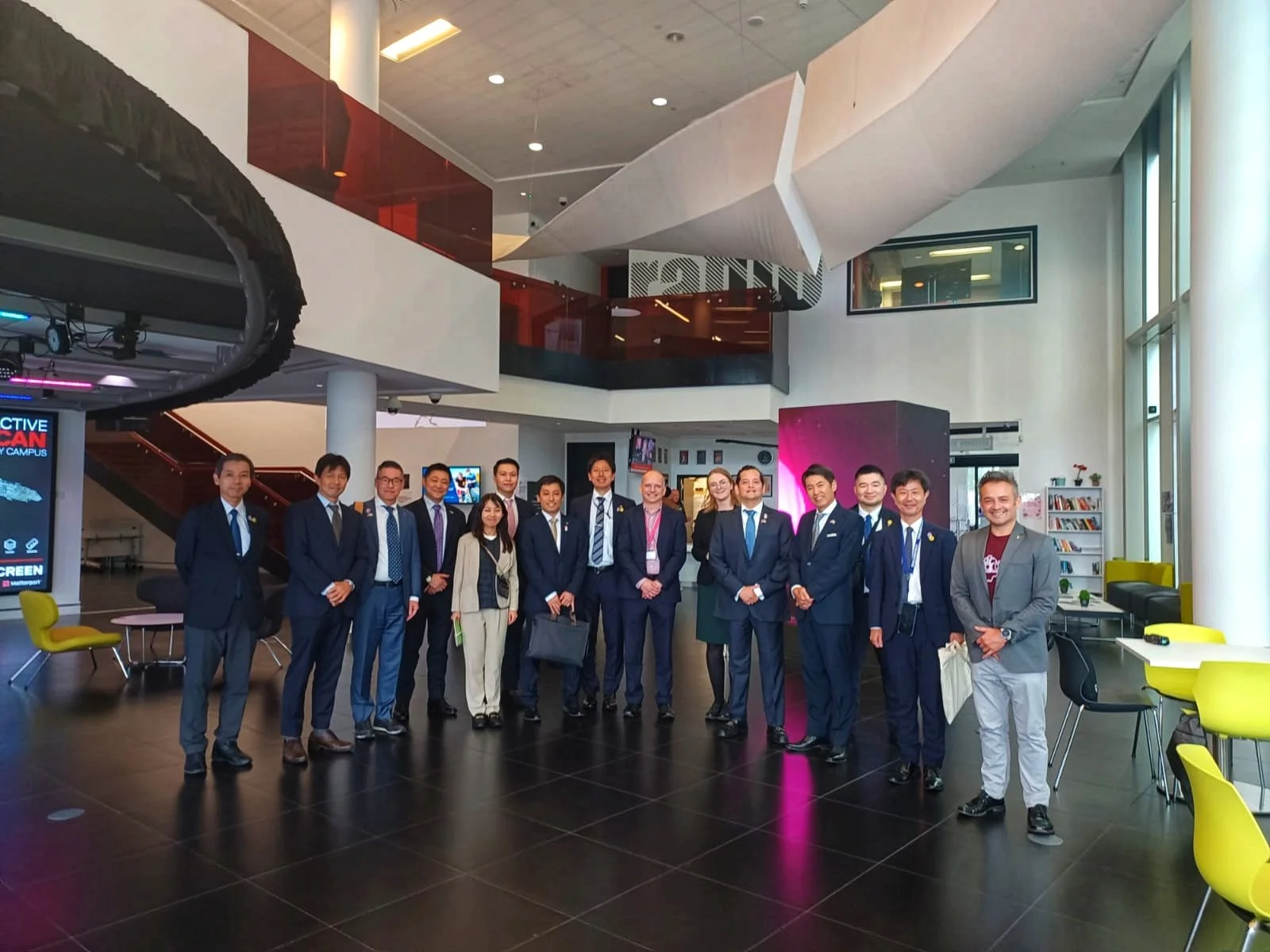
Japan X MCR
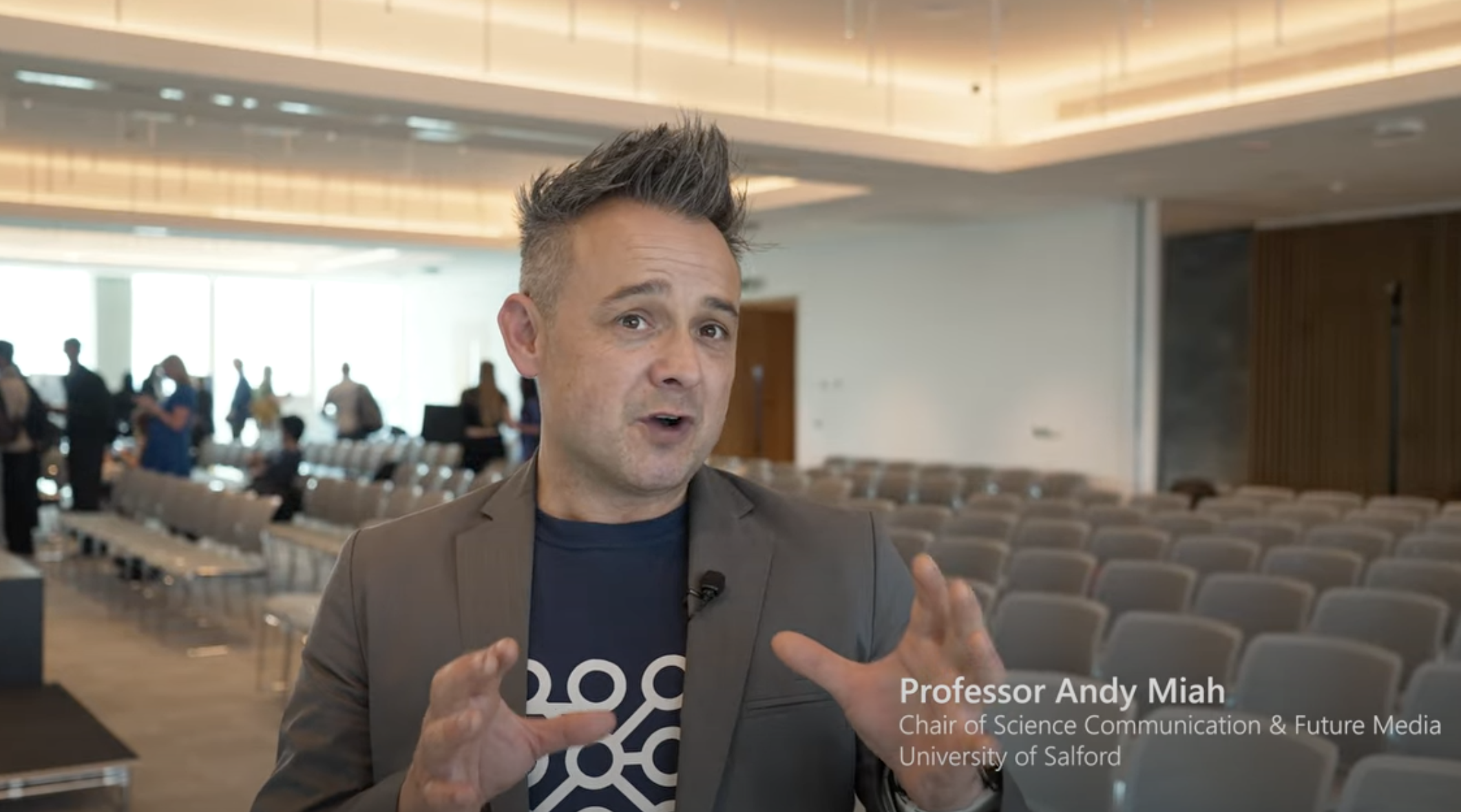
Business of Science Conference 2025
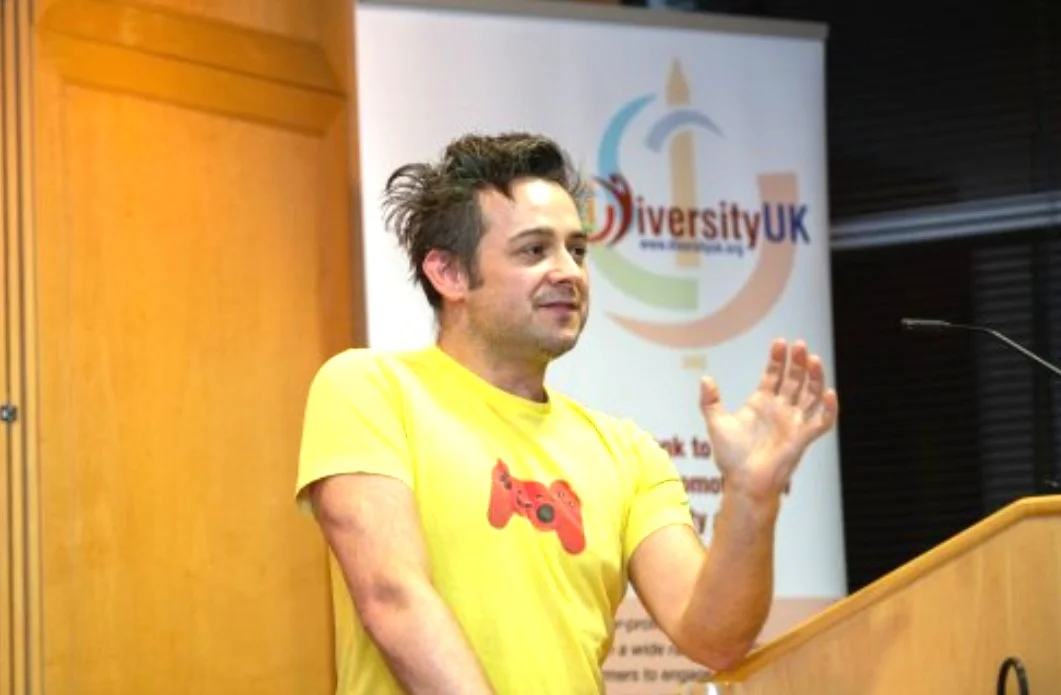
E(merging) Technologies & The Ideas Economy
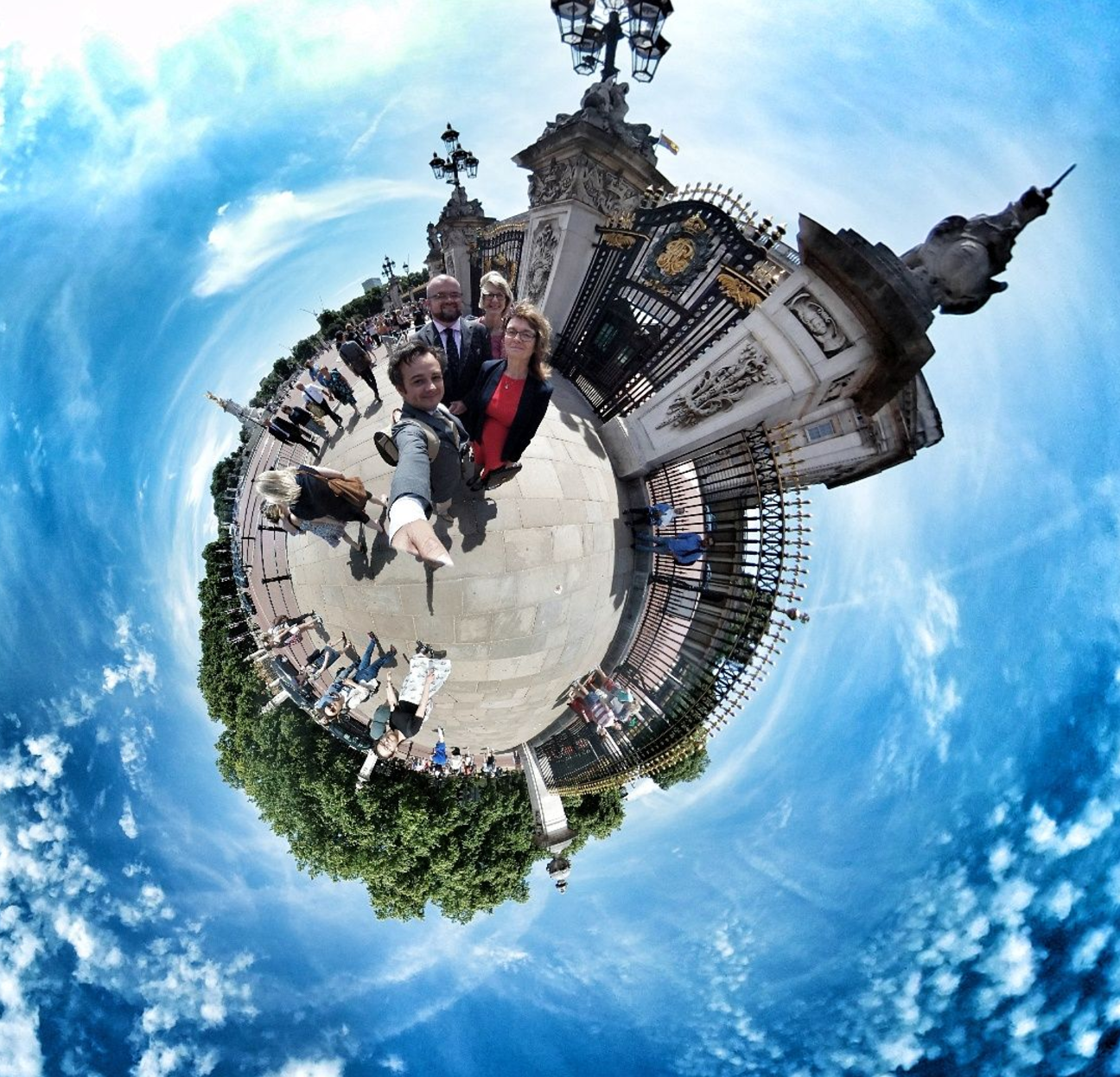
A day at Buckingham Palace
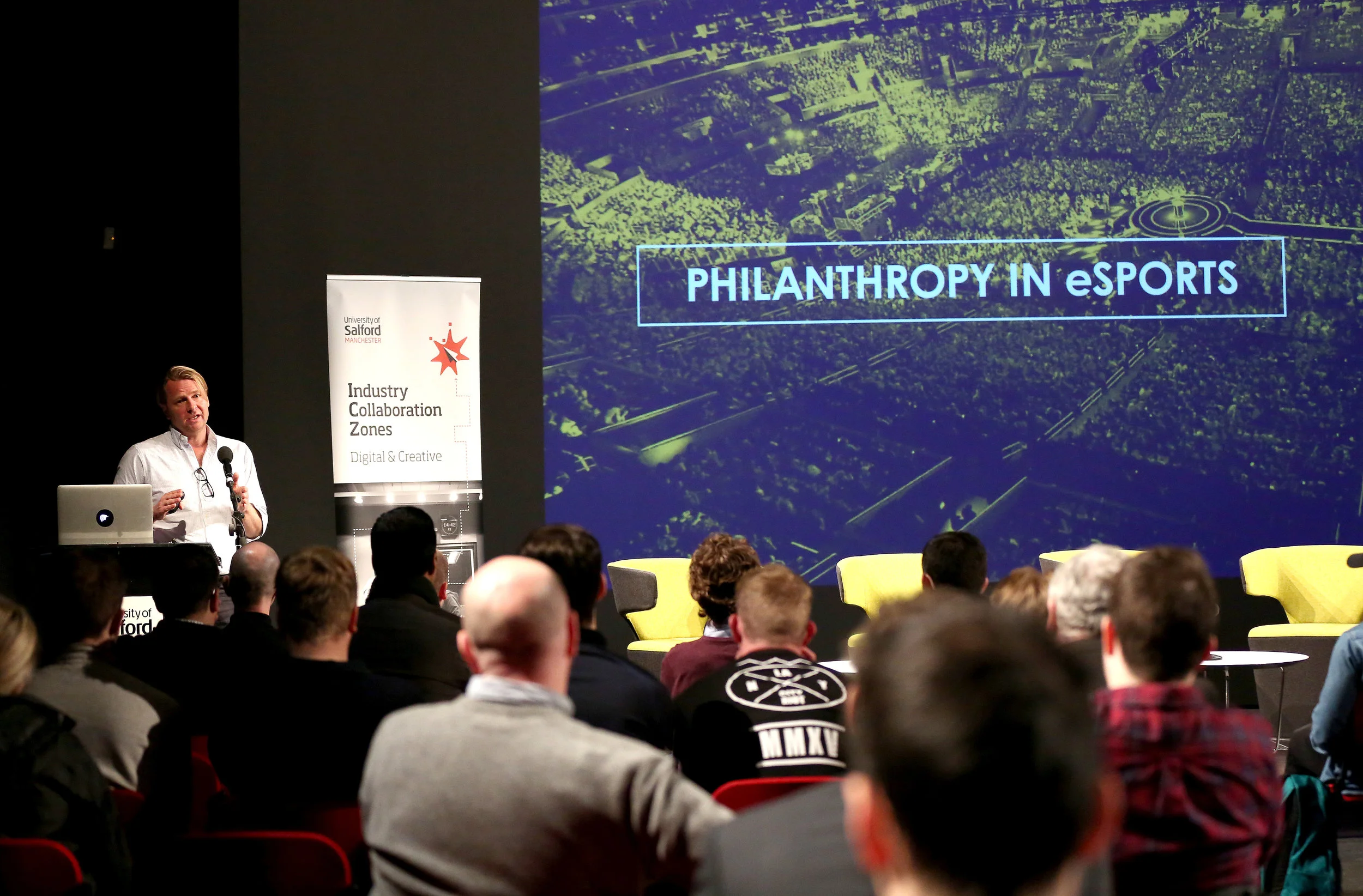
Esports at Salford University #esportsUoS16

Drone Dating Day

Prolific North Live

Social Media for Academics

Future Hospitals

Sport 2.0

Salford Alumni event

Science Communication & Chester Zoo

Salford Sonic Fusion Festival

